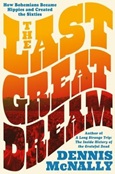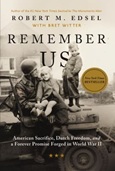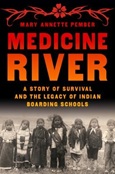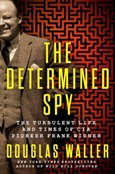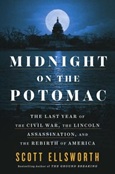Last Updated: August 29, 2025
A definitive social history of everything that led up to the 1960s counterculture movement.
Angelica: For Love and Country in a Time of Revolution
by Molly Beer
Through the extraordinary life of Angelica Schuyler Church, a politically astute and socially influential figure, this story reveals how women shaped early American history through diplomacy, personal networks and a strategic presence in key revolutionary moments.
Remember Us: American Sacrifice, Dutch Freedom, and a Forever Promise Forged in World War II
by Robert Edsel with Bret Witter
In this rich, dramatic, and suspenseful story, Edsel captures both the horrors of war and the transcendent power of gratitude, showing the extraordinary measures the Dutch have taken to thank their liberators. Remember Us is exactly the book we need–a reminder that grief is universal, that humanity knows no national or racial boundaries, and that we all want to be remembered, somehow, someway, by somebody.
Medicine River: A Story of Survival and the Legacy of Indian Boarding Schools
by Mary Annette Pember
A sweeping and trenchant exploration of the history of Native American boarding schools in the U.S., and the legacy of abuse wrought by systemic attempts to use education as a tool through which to destroy Native culture.
An intimate and expertly-researched biography of Frank Wisner, the father of CIA Black Ops, telling the story of his exciting intelligence escapades as well as his lifelong struggle with bipolar disorder.
In Access, we meet a cast of brave, bold, and unforgettable women: the founders of the Jane Collective, a group of anonymous providers working clandestinely between Chicago apartments to perform abortions in the pre-Roe years; the originators and leaders of the abortion fund movement.
Told with a page-turning pace and eye-opening cast of characters, Ellsworth sets out to correct a pivotal moment of American history that we have gotten completely wrong–until now. In Midnight on the Potomac, Scott Ellsworth rewrites history, arguing that the two events were in fact connected and that Lincolns’ assassination was likely ordered by leaders of the Confederate Army.

